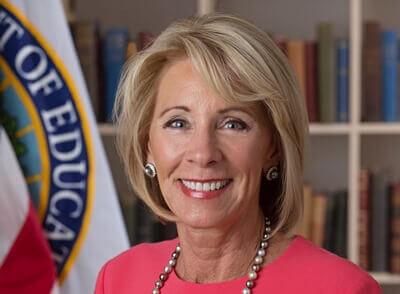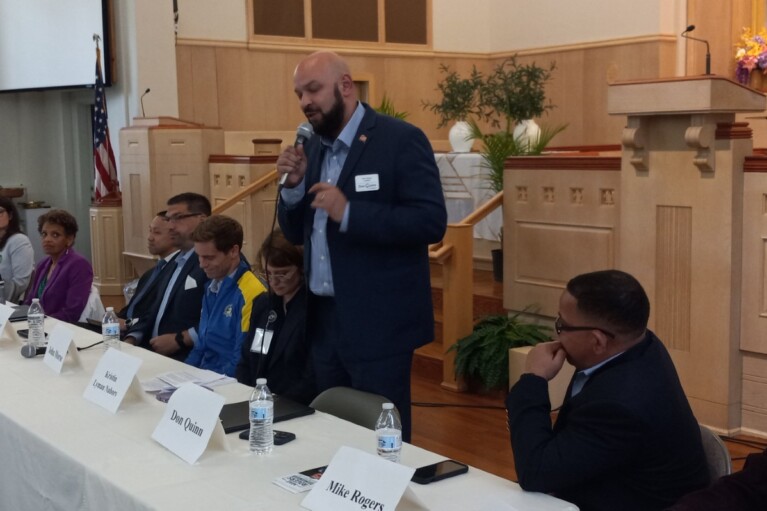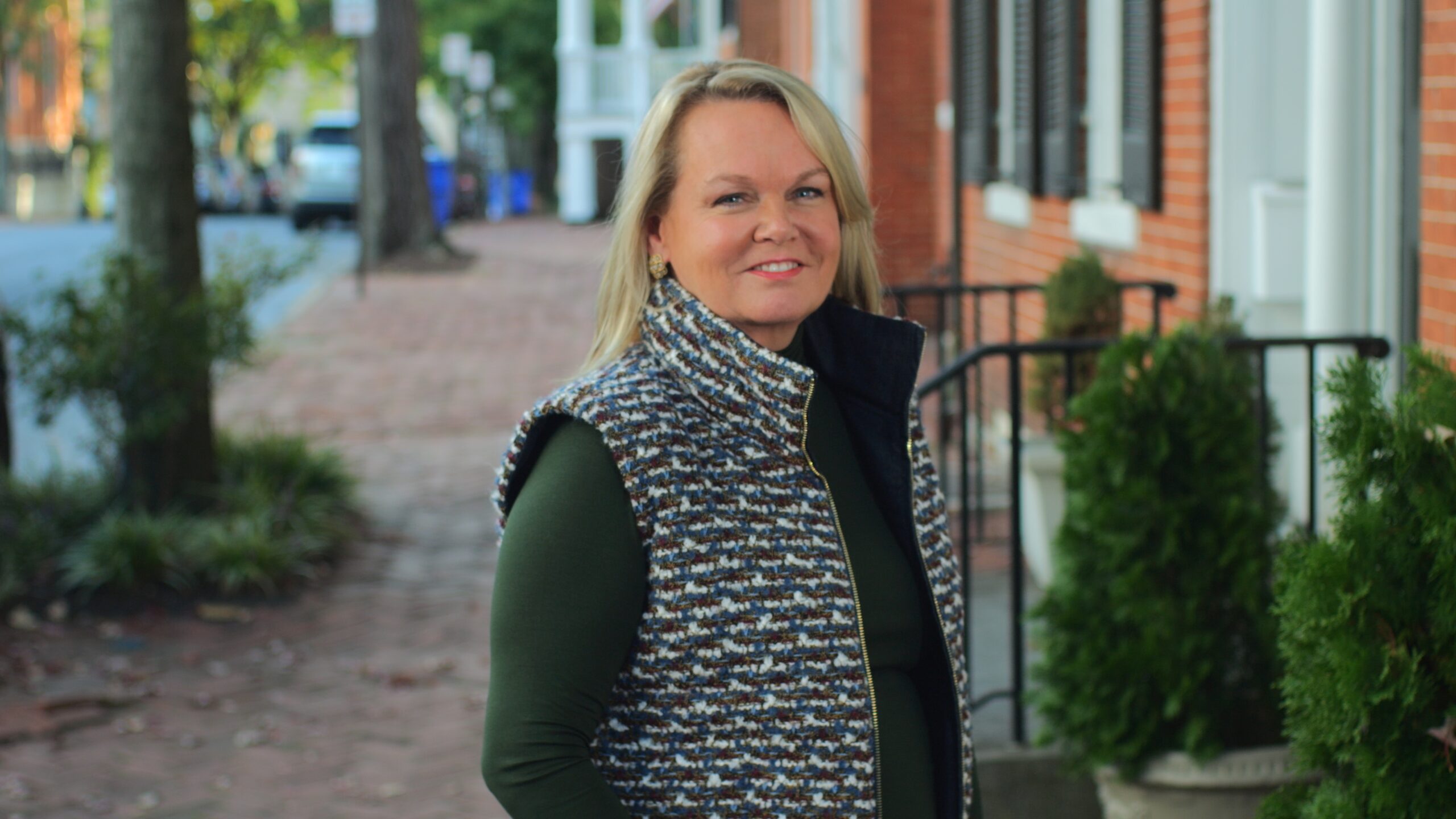Md. Officials Press DeVos to Fix Flawed Loan Forgiveness Program

More than three dozen Maryland lawmakers are calling on U.S. Secretary of Education Betsy DeVos to answer questions about the Public Service Loan Forgiveness Program, which has attracted attention in recent months for nearly universally denying applications from federal workers.
Del. Lesley Lopez (D-Montgomery) spearheaded the leader to DeVos, noting the heavy presence of eligible government and nonprofit workers in Maryland.
An unknown number of Marylanders relied on the Public Service Loan Forgiveness Program when they chose their career paths. But “a growing body of evidence” has shown that the U.S. Department of Education has “mishandled this program and skirted its obligation to provide student debt relief to public servants,” the lawmakers wrote in a letter sent shortly before Labor Day.
The program – first established in 2007 by legislation from U.S. Rep. John P. Sarbanes (D-Md.) – was faulted in an October 2018 Government Accountability Report for denying 99.6 percent of all applications for student loan forgiveness. It was created to forgive federal student loans for borrowers who work in local, state and federal government or certain nonprofit employers for at least 10 years while making 120 payments. Given the implementation timeline and employment requirements, flaws with the program have come to light in the last couple of years, as workers who thought they were on track for forgiveness have been turned down in droves.
Last year, Congress sought a solution. Lawmakers, Sarbanes among them, pushed for and created the Temporary Expanded Public Service Loan Forgiveness, which would extend loan forgiveness to workers who paid their loans in good faith but may have been enrolled in an ineligible repayment program or been given bad advice by the government or a loan provider.
Last week, a new GAO report concluded that the expanded program also has an extraordinary denial rate: 98.7 percent.
Of 54,184 completed requests under the expanded program, only 661 applications were approved from May 2018 to May 2019.
That’s because the extension approved by Congress was implemented in a confusing and convoluted way by the U.S. Department of Education, according to last week’s GAO report. To qualify for Temporary Expanded Public Service Loan Forgiveness, borrowers must also apply separately for Public Service Loan Forgiveness Program – a program they are ineligible for.
Most of the applications for Temporary Expanded Public Service Loan Forgiveness – 71 percent – were denied because the borrower had not submitted a for Public Service Loan Forgiveness Program application, according to the GAO.
“This outrageous failure – in a long string of failures – by Secretary DeVos and the Department of Education to effectively implement the bipartisan PSLF program is a deep insult to the teachers, community health care workers, military members, public defenders, social workers and other public servants who rely on this important program,” Sarbanes said in response to the latest report.
Figures from March 31 showed continued high denial rates in the original Public Service Loan Forgiveness Program, at 98.9 percent.
“The state of Maryland is home to many who work to benefit the social good, including educators, government employees, social workers, health care workers and service members. These hardworking public servants are relying on this program and planning their futures around [loan forgiveness],” the members of the General Assembly wrote to DeVos. “Undercutting this program is a betrayal of public trust.”
The lawmakers asked a series of questions they hope to get answered before Oct. 17 – a little more than a year from the release of the initial Government Accountability Office report. They are seeking:
- a timeline for comprehensive guidance and instructions for the loan forgiveness program;
- additional information about qualifying employers;
- standardized payment information for borrowers and servicers; and
- guidance to ensure borrowers receive detailed information to identify and correct payment accounting errors.
It is unclear whether the Education Department will respond by the date the lawmakers requested.
In October 2018, Maryland Attorney General Brian E. Frosh (D) and a coalition of attorneys general from 11 other states sent a letter to the Education Department expressing concern about the student loan forgiveness program and requesting detailed information about denials. The department responded in July, with “incomplete information that was not fully responsive to the states’ request” and had already been publicly available for months, according to the attorneys general.
Frosh joined a second letter on Aug. 28 with the attorneys general of California, Connecticut, Illinois, the District of Columbia, Iowa, Kentucky, New Jersey, New York, Oregon, Pennsylvania, and Washington.
In that letter, they press for detailed denial information once again, noting that borrowers may be forced to choose between public service careers and being able to repay their student loans.
“Thousands of Marylanders have committed to 10 years of service to their communities, because they relied upon the promise of PSLF,” Frosh said in a statement. “Instead of honoring that promise, Secretary DeVos has met them with confusing guidelines, lack of information and, ultimately, denial of loan forgiveness.”




 Creative Commons Attribution
Creative Commons Attribution